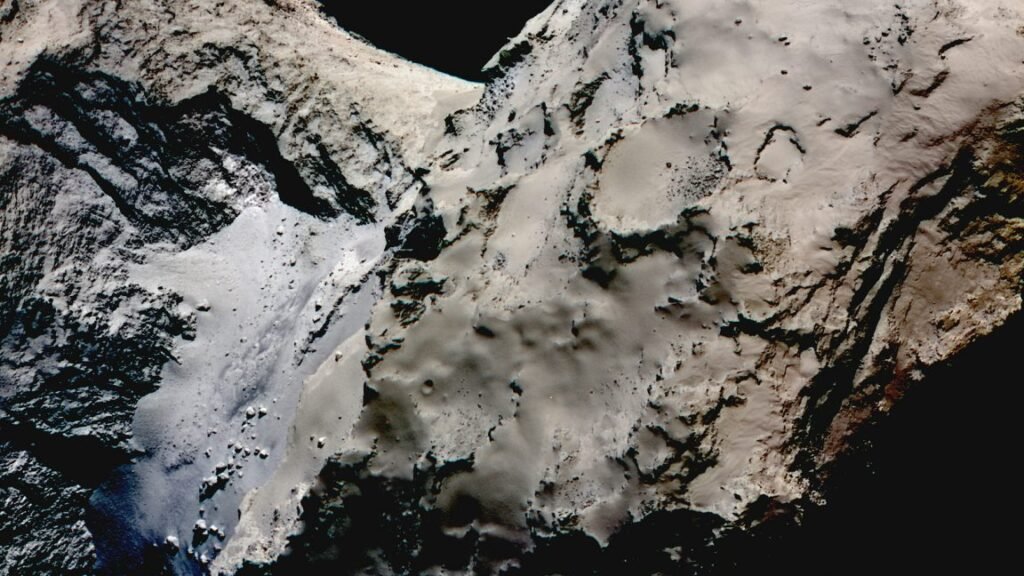While there were myriad potential solutions, it seemed clear that SpaceX, with Dragon, and Northrop Grumman, having acquired Orbital Sciences and the Cygnus spacecraft, were the clear favorites. What happened next is telling. I have pieced the following together from the source selection statement, publicly available documents, and on-background interviews with a handful of key officials.
Initially, within the International Space Station program, the expectation was that a deorbit mission would cost less than $1 billion. However, the agency’s Office of the Chief Financial Officer later estimated it might cost as much as $1.7 billion. This prompted NASA to ask the Office of Management and Budget for $1.5 billion for the program.
The agency’s deputy administrator, Pam Melroy, and then-associate administrator Bob Cabana, made it clear internally that they did not want SpaceX to win the contract without competition. There is a general unease within the agency and industry that SpaceX is increasingly mopping up the lion’s share of new NASA contracts. Certainly, this is not attributable to favoritism—indeed, NASA would prefer not to be beholden to a single contractor, however excellent its present performance and price may be. SpaceX, rather, is winning because it is often the best and sometimes only option for the government.
Notably, the initial draft “request for proposals” for a deorbit mission issued in May 2023 called for a “single-award Hybrid Cost-Plus Incentive Fee and Firm Fixed Price core” contract. However, four months later, in its final request for proposals, NASA said it wanted to maximize competition. Companies, therefore, could propose contracts that were either largely based on cost-plus or fixed-price.
Essentially, Northrop told NASA it would not bid for a firm, fixed-priced contract. And conversely, SpaceX said it would not bid under a cost-plus contracting mechanism, which would require the company to add a new layer of bureaucracy to process such contracts. (SpaceX was also not particularly interested in a one-off mission for Dragon when the company is so focused on Starship development). Sticking to the original contracting mechanism would likely have meant that NASA had just a sole bidder, Northrop, for the deorbit mission.




